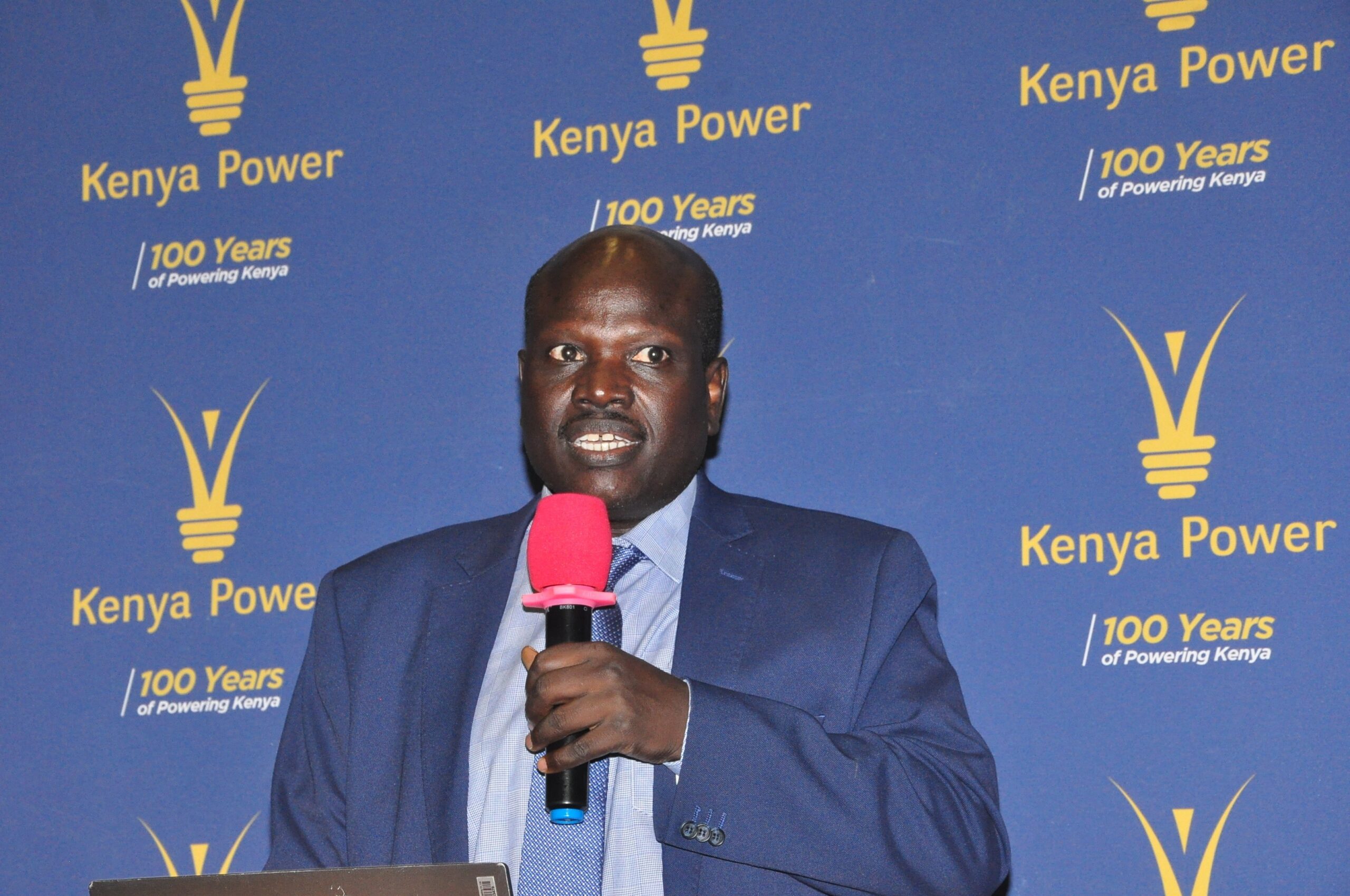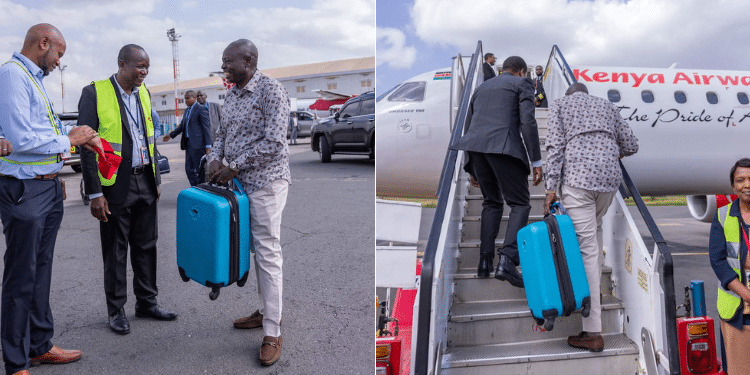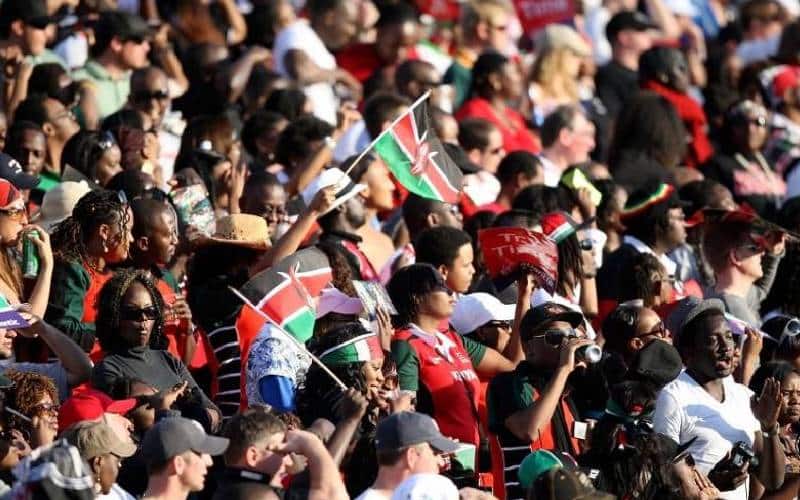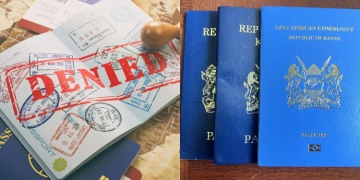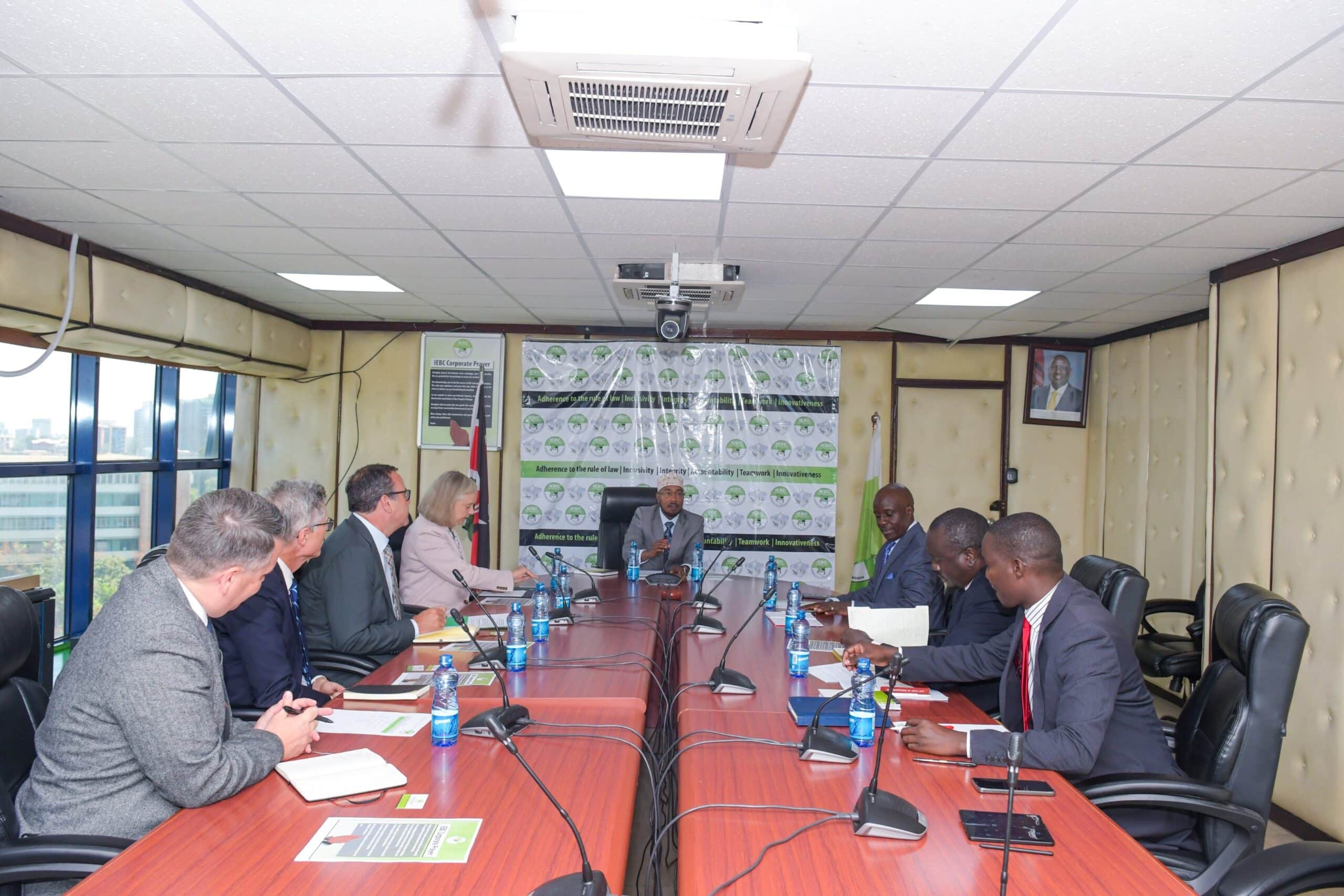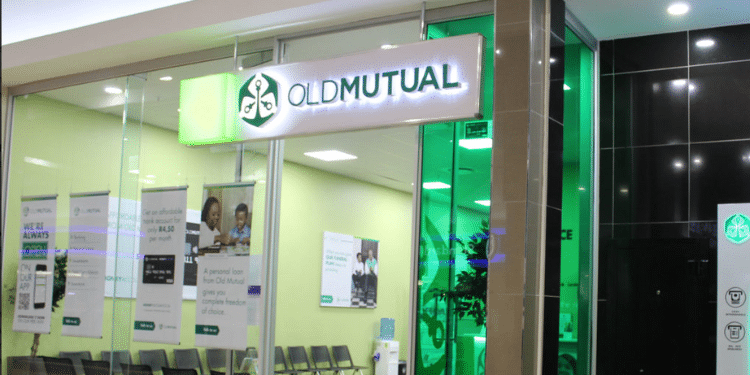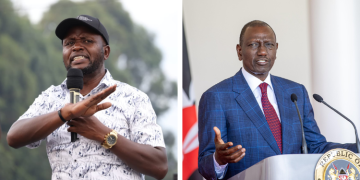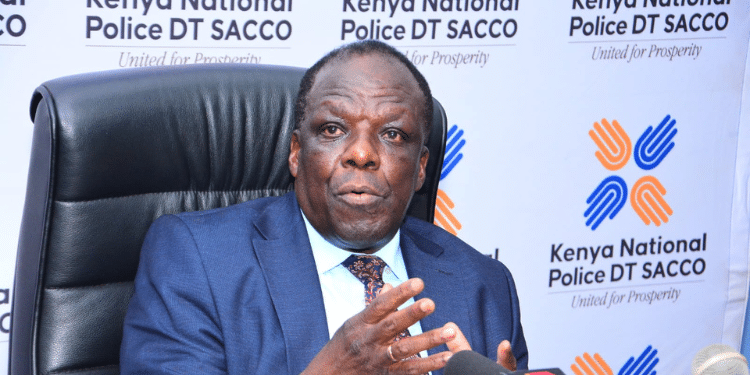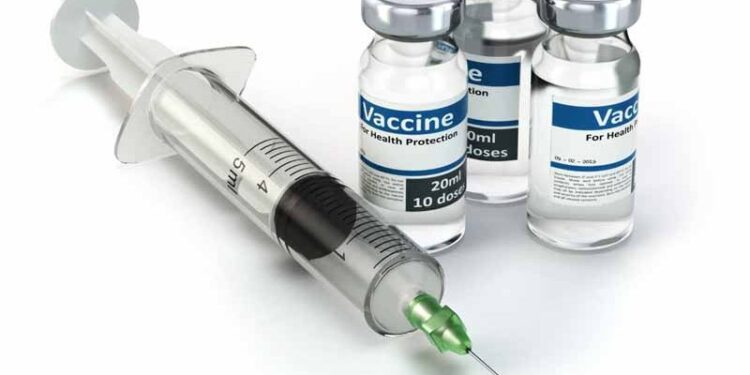Hospitals across the country are now facing a shortage of the Bacille Calmette-Guérin (BCG) vaccine, which protects newborns from tuberculosis (TB).
This shortage has led to newborns being discharged without receiving the vaccine, one of the three key vaccines administered at birth.
At Kisumu Referral Hospital, mothers have been asked to register and bring their babies back for vaccination in January 2025.
Kisumu CEC for Health, Dr Gregory Ganda, confirmed that the vaccine shortage has persisted for one month, attributing it to procurement delays at the national level.

Concerns as Hospitals Run Out of BCG Vaccines
The situation raises concerns over public health, particularly for vulnerable populations.
Tuberculosis is a bacterial infectious disease that primarily affects the lungs but can also impact other parts of the body.
It is airborne and spreads easily when individuals with TB cough, sneeze, or even sing, releasing the bacteria into the air. If left untreated, TB can cause severe illness or death.
Also Read: Bill Gates Opens Up on Finding Lifetime HIV Vaccine
Vaccine Shortage in May
The current vaccine shortage follows a similar crisis in May this year, which impacted health facilities nationwide.
Reports indicated a shortage of routine antigens, including key vaccines such as the BCG vaccine, Oral Polio Vaccine, and Measles Rubella Vaccine.
With less than two months’ supply of traditional vaccines and low levels of other routine childhood vaccines supported by the International Organization Gavi, the situation posed a significant risk to public health, especially for children and vulnerable populations.
In response, Principal Secretary for the State Department of Medical Services, Harry Kimtai, announced that the Ministry is implementing several strategies to address the shortage.
Also Read: MoH Issues Fresh Directive to Parents After Polio Vaccine Uproar
This included tracking vaccine consumption and facilitating redistribution between counties to mitigate stock-out situations, working closely with UNICEF to accelerate the delivery of ordered vaccines, and allocating funds for urgent procurement.
Additionally, Kimtai said that mechanisms for transitioning from Gavi support and exploring sustainable financing options for vaccine procurement and program operations are being established.
Gavi has supported Kenya’s national vaccination program since 2001, supplying vaccines and related materials.
The government aims to transition away from Gavi support by 2030.
The Ministry of Health procured 3,129,000 doses of the BCG vaccine in June this year.
Follow our WhatsApp Channel and join our WhatsApp Group for real-time news updates




